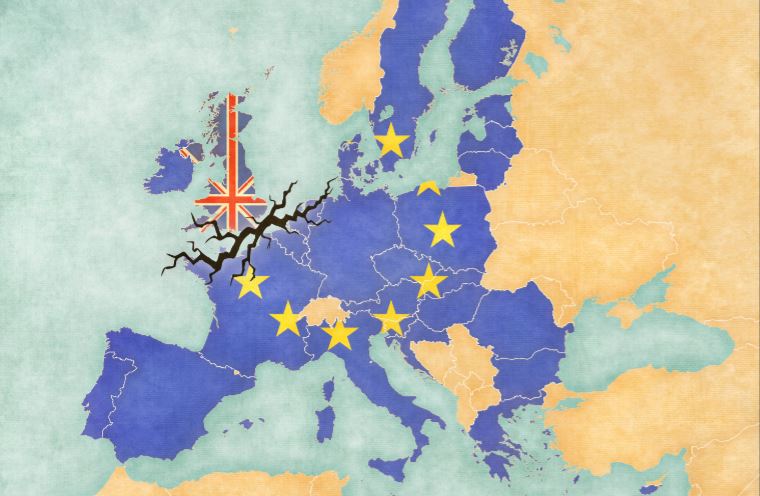Life sciences watches closely as Brexit negotiations loom

The government has announced Brexit will be officially triggered next week – amid talk of a constitutional crisis that could split the UK and divide the life sciences industry.
After the legislation calling for Brexit was given Royal Assent, prime minister Theresa May has said that a week on Wednesday she will write to the European Union to formally notify it that the UK intends to leave, under rules laid out in article 50 of the Lisbon Treaty.
This gives the UK two years to reach an agreement before it officially leaves the EU– effectively giving both parties around 18 months to strike a deal, plus another six for the UK and other European parliaments to agree on the terms.
Those in the UK and the EU privately recognise that this timeframe is probably unfeasible, given the complexities of the European political system.
A response from European Council president Donald Tusk will give draft guidelines for the negotiation, and will probably set a date for a summit including the 27 other member states that will finalise the negotiating guidelines.
Once the summit and a negotiating mandate has been set and agreed by EU leaders - perhaps as late as July - there will be a round of "negotiations about negotiations" where the finer points of the process will be agreed.
This means it will be some time before negotiations on issues such as the UK’s decision to quit institutions such as the European Medicines Agency (EMA) will begin.
A major talking point for the life sciences industry is the government’s plan to quit the EMA – a step it says it must take to avoid being party to decisions made by the European Court of Justice.
Those in the former Remain camp think that Brexit may not even happen, once the difficulties of disentangling the UK from EU legislation become apparent.
One senior pro-Europe Conservative told pharmaphorum that everything is still “up for grabs”, including the EMA membership and the agency’s likely move away from its London headquarters.
The Scotland question
Brexit has also fanned the flames of nationalism in Scotland, where nearly every parliamentary seat is now held by the pro-European Scottish Nationalist Party.
Following the SNP's call for a second independence referendum because of Brexit, pharma companies operating north of the border are concerned about potential disruption.
According to Scotland’s Sunday Herald, Udit Batra, CEO of Merck Life Sciences, said Brexit could mean that pharma companies have difficulties recruiting staff, even though the country has some leading universities.
One of the company's divisions, biologics testing specialist BioReliance, has operations in Stirling and Glasgow.
Batra said: “We should be able to find good people in this area, yet I think there is never enough of them.”
“We still have a lot of skill and talent that moves from one country to another for troubleshooting, for customer service, and restrictions on that could really detrimentally impact our business.”
However he noted that the company, which is 350 years old, will “get through” Brexit as it has other challenges.











